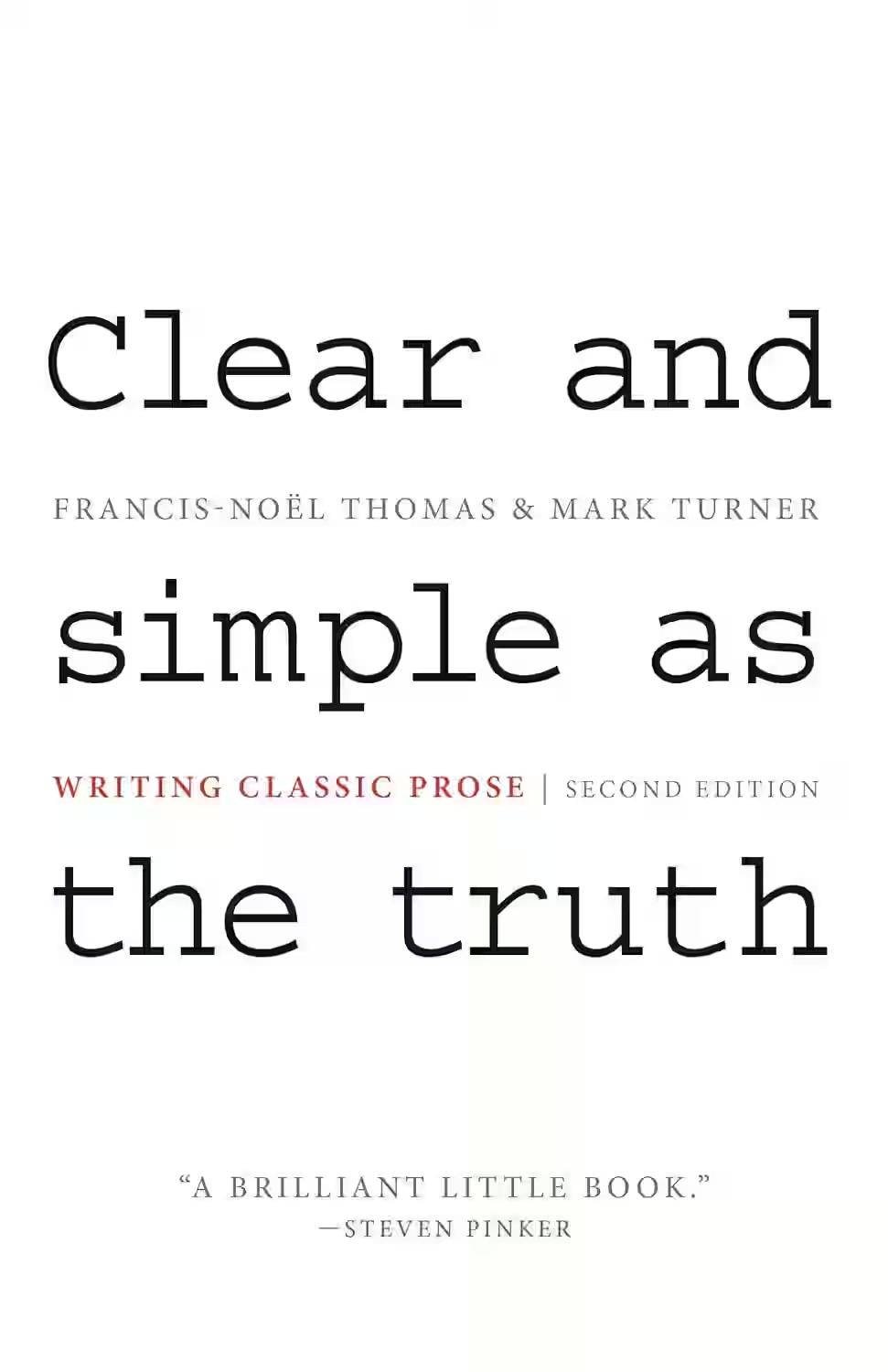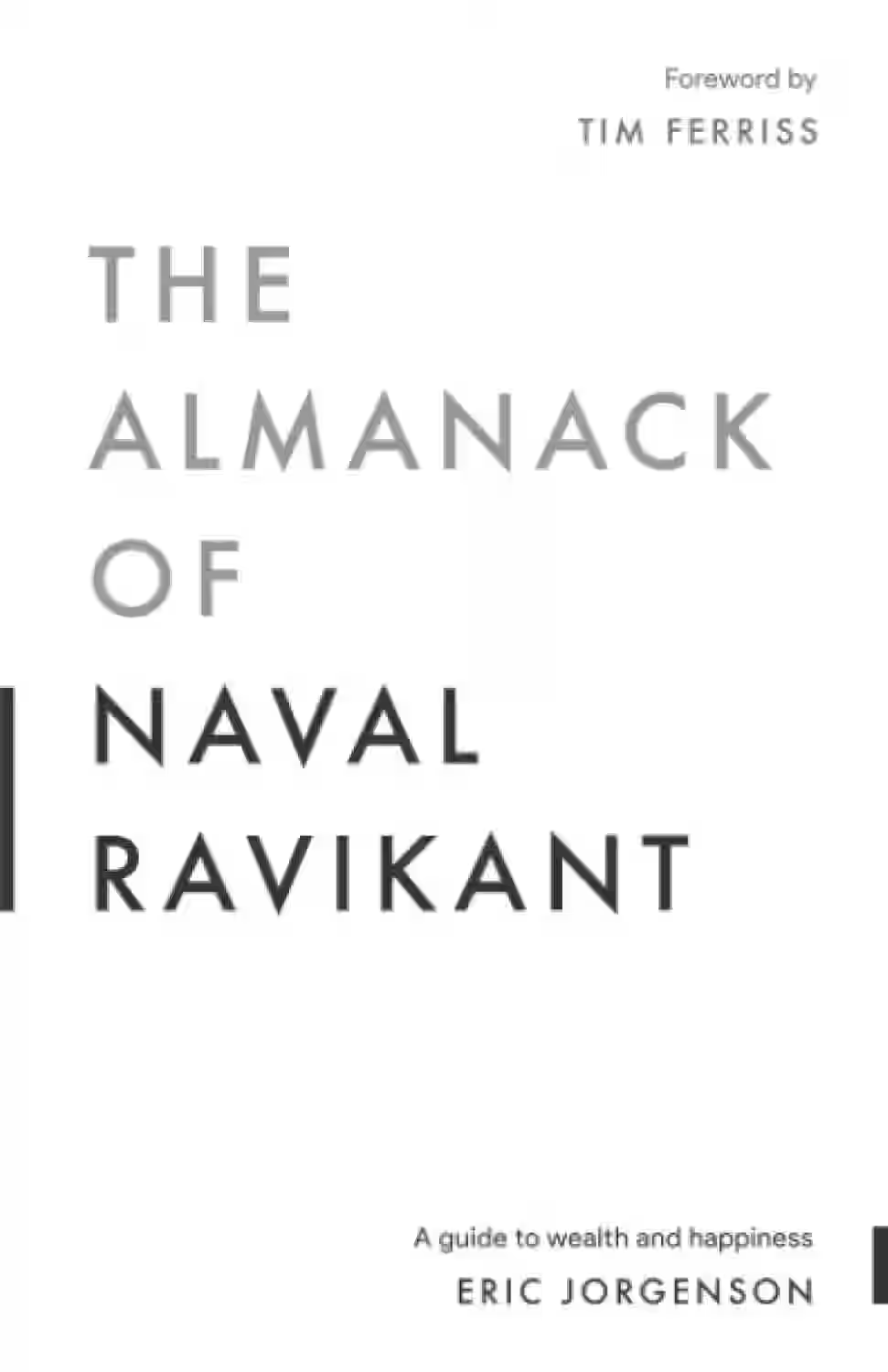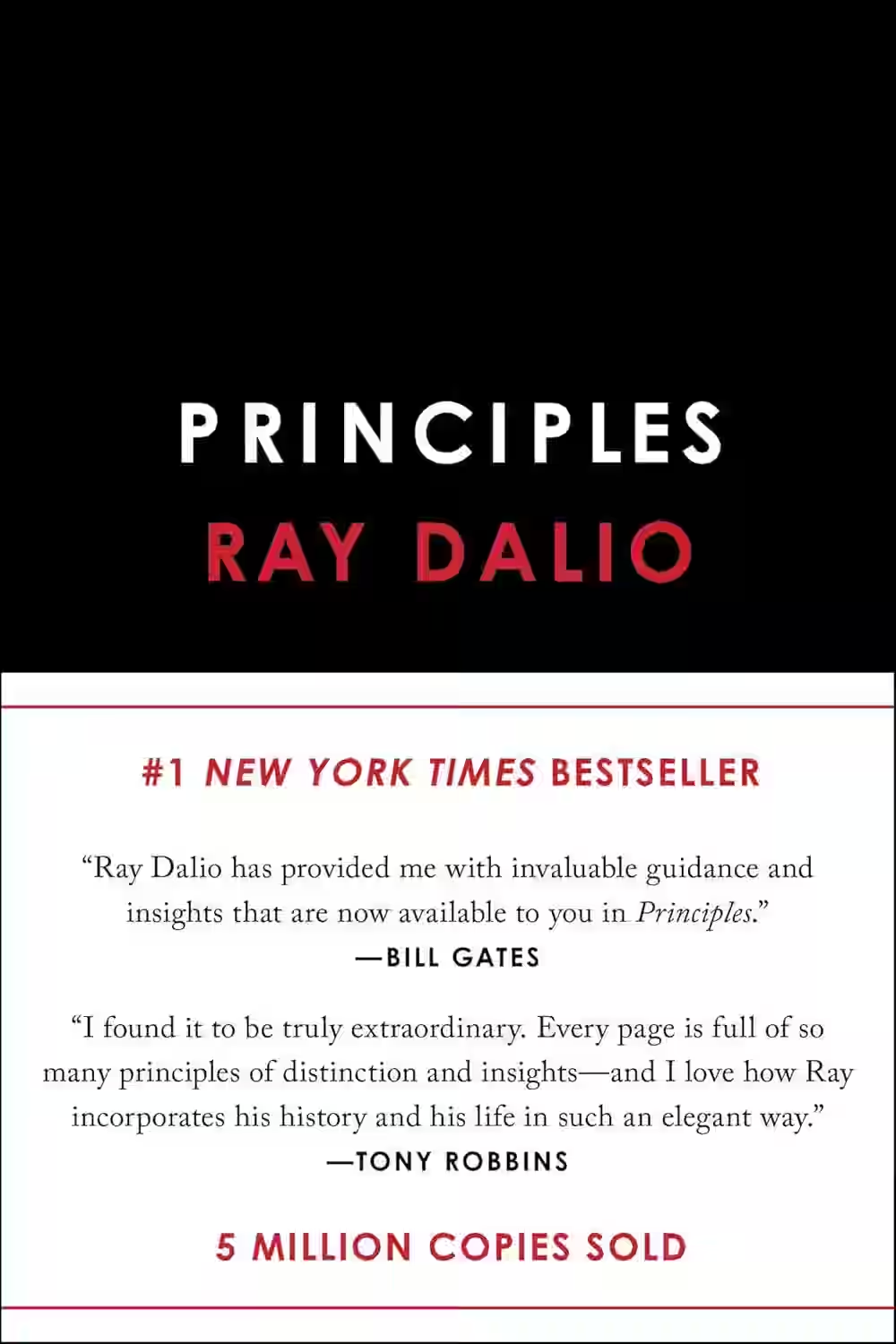
This book analyzes the “classic style” of writing—a mode that presents truth as if it were self-evident, discovered through observation, and conveyed with clarity and grace. The authors contrast this with other styles (such as practical or bureaucratic writing), offering examples and analysis that reveal how style shapes thought. More than a guide to writing, the book is a meditation on communication, knowledge, and elegance. It’s a favorite among writers, editors, and thinkers who value prose that is persuasive not through ornament but through transparency. It’s especially relevant for anyone striving to write with clarity and precision.
About Francis-Noël Thomas
Francis-Noël Thomas is an American scholar, essayist, and professor emeritus of humanities and art history. He is best known for his work on writing style, aesthetics, and the philosophy of communication. Co-author of Clear and Simple as the Truth, Thomas explores the concept of “classic style,” a mode of writing that treats prose as a transparent window to truth. He brings a humanistic and interdisciplinary perspective to his work, combining rhetorical theory with practical clarity. Thomas’s contributions to writing education emphasize elegance, precision, and the writer’s role as a thoughtful observer rather than a performer or persuader.
About Mark Turner
Mark Turner is a cognitive scientist and professor of cognitive science at Case Western Reserve University. His research spans linguistics, psychology, and philosophy, focusing on how humans construct meaning through metaphor, narrative, and conceptual blending. In Clear and Simple as the Truth, co-authored with Francis-Noël Thomas, Turner applies cognitive theory to writing, dissecting how different styles reflect different assumptions about knowledge and communication. His broader work investigates the mental processes underlying language and creativity. Turner is also the author of The Literary Mind and has been influential in developing the field of conceptual blending theory in cognitive linguistics.
Similar Books

The Almanack of Naval Ravikant
by Eric Jorgenson, Jack Butcher, Tim Ferriss
This curated guide distills Naval Ravikant’s wisdom on wealth, happiness, and self-improvement, drawn from his tweets, podcasts, and essays. It blends philosophy, mental models, and practical advice for living a rich life—both materially and emotionally. The Almanack encourages clear thinking, long-term decision-making, and personal freedom, becoming a go-to for entrepreneurs and thinkers.

Principles
by Ray Dalio
In Principles, billionaire investor Ray Dalio shares the core life and work principles that guided him in building Bridgewater Associates into one of the world’s largest hedge funds. The book is split into three sections: a personal journey, life principles, and work principles. Dalio emphasizes radical transparency, meritocracy, and continuous learning. He advocates for clear decision-making frameworks and a systematic approach to solving problems. Combining autobiography, management philosophy, and practical advice, Principles serves as a handbook for both personal growth and organizational excellence. It's especially relevant for leaders, investors, and anyone seeking to improve decision-making through reflection and structure.

Antifragile: Things That Gain from Disorder
In 'Antifragile: Things That Gain from Disorder,' Nassim Nicholas Taleb explores the concept of antifragility - the idea that some systems not only withstand chaos and unpredictability but actually thrive from it. Using a blend of philosophy, anecdotes, and practical examples, Taleb challenges the conventional notion of resilience and proposes that embracing randomness and disruption can lead to superior outcomes. Through engaging prose and thought-provoking ideas, the author encourages readers to reevaluate their understanding of risk, stability, and progress. This book offers a fresh perspective on how individuals and societies can benefit from disorder, making it a compelling read for anyone interested in personal development or systemic resilience.

Everything Is Figureoutable
by Marie Forleo
In 'Everything Is Figureoutable,' Marie Forleo delivers an empowering guide that encourages readers to transform their mindset and approach challenges with a can-do attitude. The book is rooted in the simple yet profound belief that every problem can be solved with a strong will and a resourceful mindset. Combining personal anecdotes, actionable advice, and practical exercises, Forleo demystifies common life obstacles and offers a blueprint for cultivating resilience and creativity. Her engaging writing style, coupled with her personal insights, makes the book both inspirational and accessible. Ideal for anyone looking to break through barriers and achieve personal and professional growth.